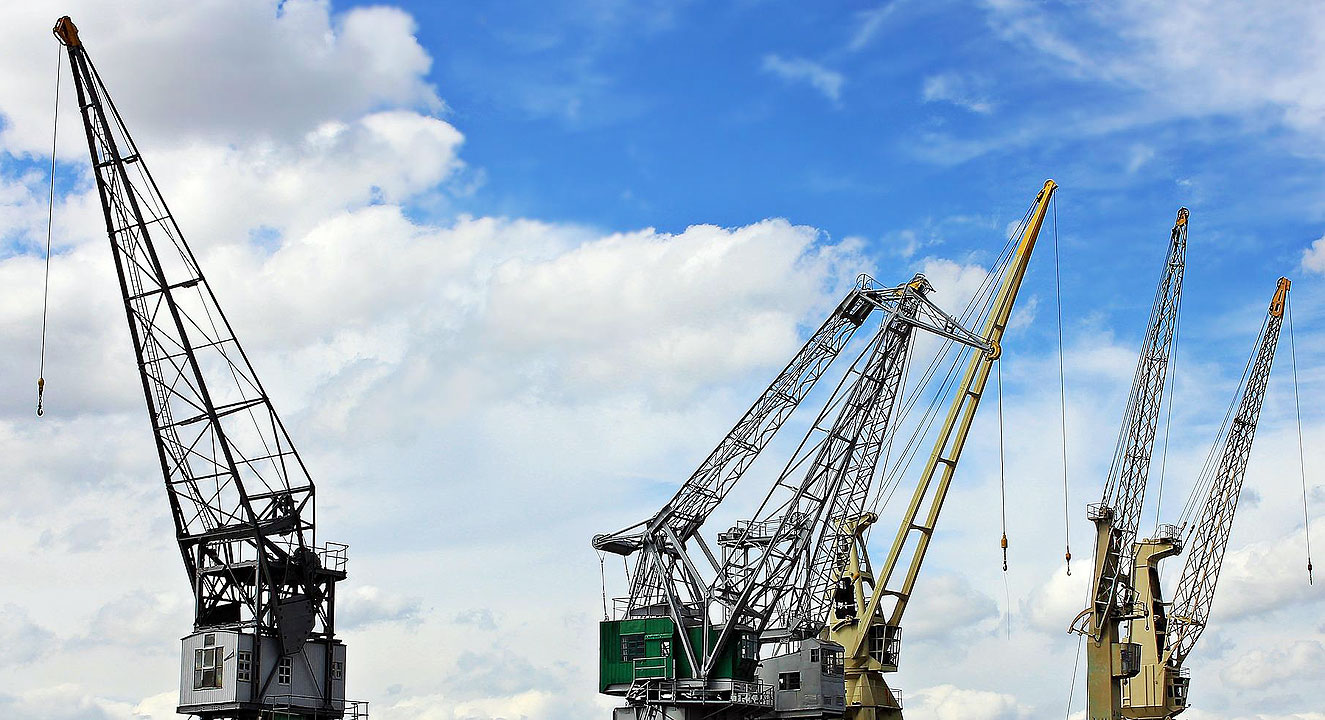BOT IRR seen forcing private partners to take on more risk

THE revised implementing rules and regulations (IRR) of the Build-Operate-Transfer (BOT) Law will compel private proponents to shoulder more risk, possibly giving them pause before entering into future private-public partnerships, an economist said.
“The revised IRR places a lot more risk on the private sector by absolving the government of any project delays and increased costs,” Ateneo de Manila University Economics Professor Leonardo A. Lanzona said in a Viber message.
“An efficient contract should be one that distributes the risks between the principal (government) and the agent (private contractor).”
Mr. Lanzona said that “instead of foisting the risks and unforeseen costs on the private sector, both parties should be made accountable for adverse changes that (they) directly caused,” adding that arbitration should be available as a dispute mechanism, to ensure that the private sector “behave(s) in a way consistent with government demands.”
The government cannot be taken to court for arbitration, according to Section 12.22 of the BOT Revised IRR, or the Resolution of Disputes between the Contracting Parties. The IRR states that “Acts and decisions of Regulators shall not be subject to arbitration,” and that “in default thereof, the venue shall be in the Philippines.”
The revised IRR also includes a material adverse government action (MAGA) clause. It defines MAGA as “any act of the executive branch, which the Project Proponent had no knowledge of, or could not reasonably be expected to have had knowledge of, prior to the effectivity of the contract; and that occurs after the effectivity of the contract, that: specifically discriminates against the project proponent; and has a material adverse effect on the ability of the project proponent to comply with any of its obligations under the contract.”
“What should be clear is that in these cases, no single party has some sort of veto power so that parties can negotiate for the right conditions and incentives. This will guarantee a more socially efficient outcome.”
In November 2019, Manila Water won an arbitration case against the Philippine government at the Permanent Court of Arbitration, in which it was awarded P7.39 million, based on actual losses it incurred between June 1, 2015 and Nov. 22, 2019. The losses were incurred after the government declined to approve water rate hikes in 2015.
The International Chamber of Commerce also ruled in favor of the Philippine government against the Philippine International Air Terminals Co. (PIATCO) in 2010, following a long-running dispute regarding the concession agreement for operating the Ninoy Aquino International Airport. PIATCO’s German investor Fraport AG similarly sued the government and lost. — Tobias Jared Tomas



